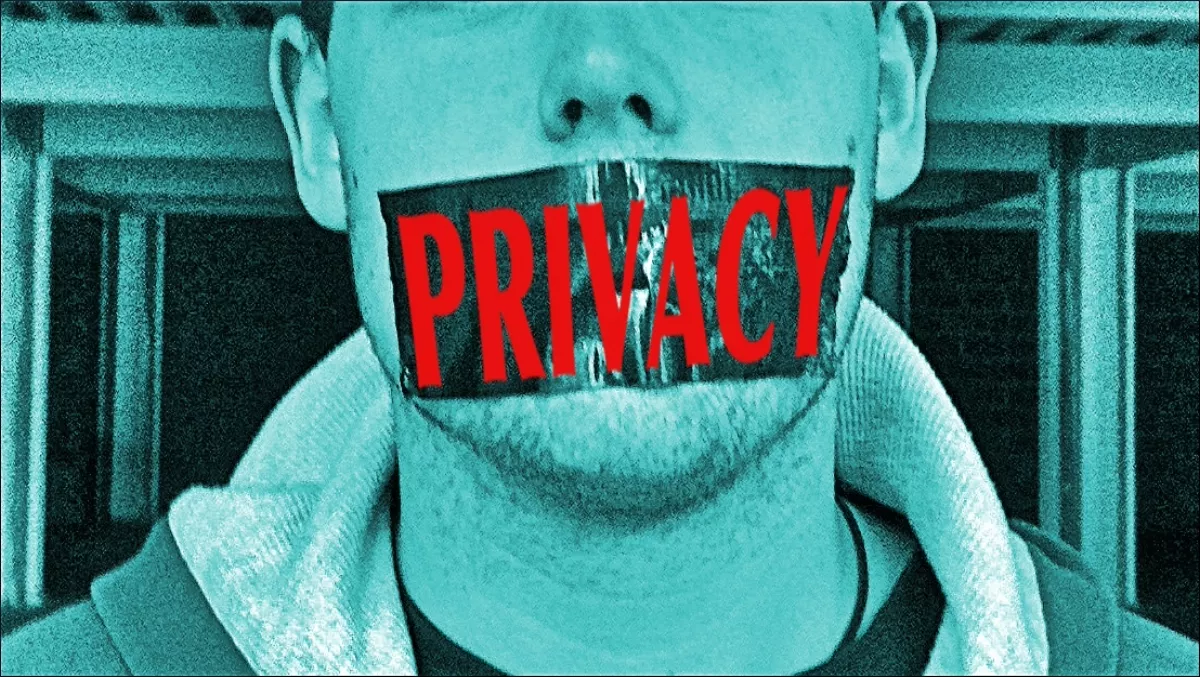
Internet MANA has promised to set up a Royal Commission of Inquiry into New Zealand’s intelligence agencies, with a view to transferring oversight of spying operations to a new, independent authority.
In its Spying and Internet Freedom policy released last week, Internet MANA says the Royal Commission would be charged with reviewing all of New Zealand’s international intelligence co-operation agreements, as well as the operations of spy agencies and their networks in order to clarify roles, accountabilities and oversight.
Internet MANA leader Hone Harawira says it was time for "transparency" as to how New Zealand’s spy agencies – the Government Communications Security Bureau and the Security Intelligence Service – operated.
“These agencies are supposed to work in the interests of New Zealand citizens – not those of foreign governments," Harawira says.
"We are in favour of a strong and independent Aotearoa New Zealand. We do not accept that mass surveillance of New Zealand citizens is required.”
Through the Royal Commission, Harawira says Internet MANA would seek to transfer oversight and review of the legitimate security and surveillance roles of the GCSB and the SIS to the New Zealand Police or a new, independent agency.
Parliamentary oversight of spying would also be greatly enhanced, Harawira claims.
“Increased oversight won’t inhibit these agencies from doing the jobs they’re required to," he adds. "However, it’s time to shine some light on the shadowy world of government spying and the buck has to stop with Parliament.”
In addition, the Royal Commission will make recommendations for a process and timeline to exit the Five Eyes intelligence sharing network and for the closure of the Waihopai and Tangimoana spybases.
It will take into account the country’s national security interests while ensuring legislation conformed to New Zealand’s international human rights obligations.
Harawira says that Internet MANA will also:
* remove the legal basis for mass surveillance by repealing the GCSB (Government Communications and Security Bureau) legislation (2013) and the TICS (Telecommunications Interception Capability and Security) legislation (2013)
* acknowledge and apologise for past violations of New Zealand law by ensuring the 88 people illegally spied on by the GCSB are informed about the unlawful violation of their privacy and issued an apology from the Government
“Kiwis shouldn’t be having their personal information and online communications collected by government spooks,” Harawira adds. “Mass surveillance isn’t making us safer. In fact, all it does is undermine our sovereignty and independence.”
Harawira also says Internet MANA will strengthen the Bill of Rights Act by elevating it to superior legislation, as well as entrenching it so that a future government could only change it under special circumstances while also initiating a fast-track review of the Act by the Law Commission to consider whether it is still fit for purpose in a digital age.
As a result, this review could lead to an upgrade to the Bill of Rights Act or a companion Bill of Digital Rights.